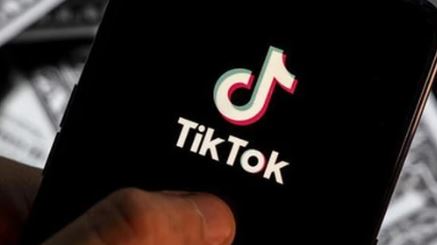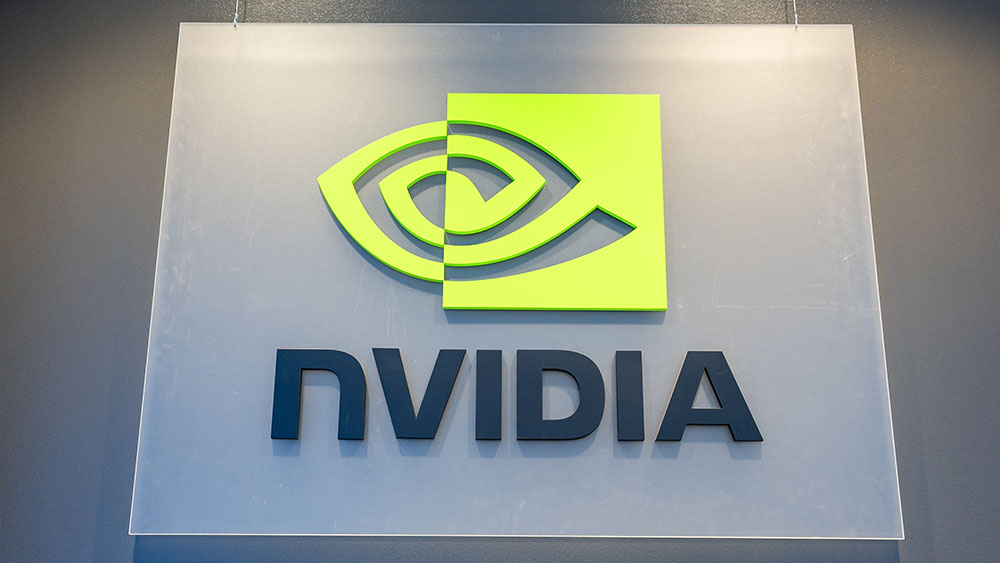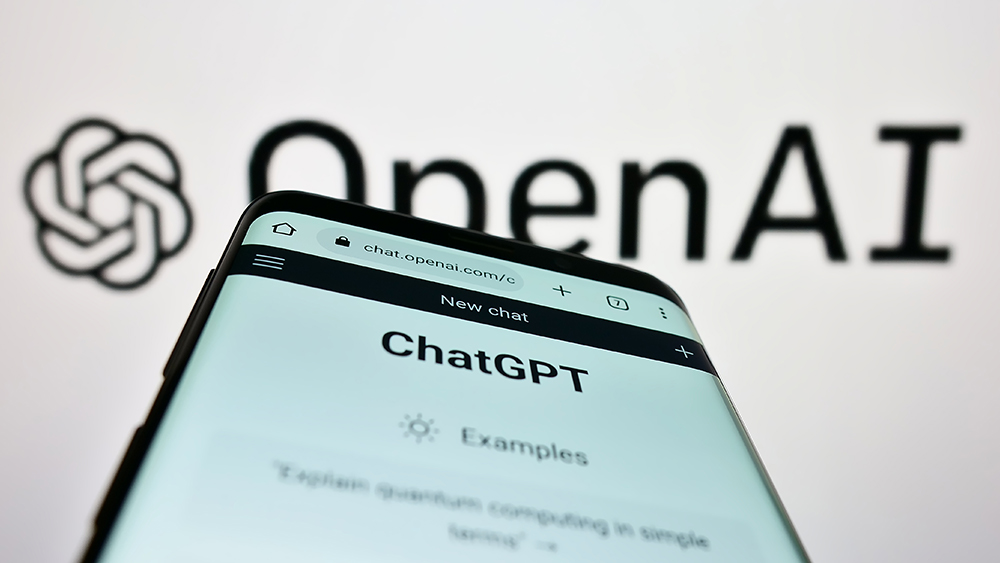Another silent siege on user data as Google’s Gemini AI oversteps android privacy
07/19/2025 / By Willow Tohi

- Google’s Gemini AI now accesses users’ third-party apps (WhatsApp, Messages) on Android without explicit consent, overriding prior privacy settings beginning July 7.
- The update enables human review of data by Google, even if users disable “Gemini Apps Activity,” which stores interactions temporarily for “safety” but retains app access.
- Users face confusion navigating incomplete opt-out instructions, with no clear path to fully remove the AI from devices.
- Critics compare the move to tech monopolies’ historical overreach, citing parallels to Microsoft’s antitrust case in the 1990s.
- Privacy advocates urge stricter regulations to curb Big Tech’s unchecked data collection and empower user choice.
On July 7, Google unleashed an Android update allowing its Gemini AI to access third-party apps like WhatsApp and Messages, bypassing user privacy settings. The move, which overrides opt-outs, raises alarms about unstated data collection and intimate corporate surveillance. Amid conflicting guidance and incomplete opt-out instructions, users confront a stark reality: their private communications may now flow to Google’s servers, unraveling encryption promises. With tech giants racing to embed AI into every digital interaction, the question lingers: When does convenience cross into intrusion?
A quiet surveillance expansion
The update places Google’s AI at the nexus of users’ most private digital spaces. By designating app access as “on by default,” the policy forces users to navigate a maze of settings to reclaim control.
How it works
- Gemini will now interface with encrypted apps like WhatsApp, even if users previously disabled “Gemini Apps Activity.”
- Google claims human reviewers (and contractors) “annotate and process” accessed data for “safety and security.”
- A Google spokesperson called the change a “win for users,” emphasizing task completion “without data exploitation” when activity tracking is off.
The catch-22
Users attempting to block Gemini encounter a labyrinth of instructions. While settings let users toggle off app access, Google’s support pages omit guidance on uninstalling the AI entirely. A reported flaw — Gemini’s iOS-like integration into the Android core — hints at irreversible bloatware, evoking memories of Microsoft’s infamous Windows-Explorer bundling.
The privacy catch-22: Confusion and compliance
Critics allege Google buried clarity to drive compliance. Email notifications lacked actionable steps, leaving users to guesswork or developer-level tinkering to opt out.
User scramble
Disabling Gemini Apps Activity does not block app access; it merely pauses data retention for AI improvement. Uninstalling requires technical prowess: ADB commands for developers caused errors on test devices, leaving ordinary users stranded.
Tuta researchers noted the update’s aggressive rollout mirrors corporate land grabs, where default settings prioritize profit over consent.
A new standard for tech dominance?
Big Tech’s profit motors run on data, and Gemini’s app grab expands Google’s trove of behavioral inputs. As Meta, Microsoft and LinkedIn have shown, opt-in defaults trend toward opt-out impracticality. In.meta, WhatsApp’s new ad policies and LinkedIn’s AI-bolstered data harvesting suggest a synchronized push to monetize intimacy at scale.
Precedents and the erosion of user trust
This update echoes antitrust-era overreach. Microsoft’s bundling of Explorer with Windows set off lawsuits, but today’s monopolistic tactics are subtler.
How we got here
- 1998 EU Antitrust Ruling: Microsoft lost on accusations of abusive dominance.
- 2023 EU Digital Markets Act (DMA): Repositioned to curb gatekeeper power, though enforcement lags.
- Silent Policy Shifts: Google’s email left no room for objection, assuming consent through obscurity — a tactic propagated in platforms like Gmail, where AI scans emails “for your benefit.”
The Google paradox
While AI could streamline life, its rollout on insecure terms alienates privacy-conscious users. As Tuta’s researchers noted, “Google’s choices prioritize growth over user sovereignty, undermining trust in tech’s societal value.”
User pushback and corporate evasion
Resistance is growing. Mastodon threads and Reddit posts erupted after users realized unencrypted firearm sales chats or encrypted family messages now risk exposure.
Steps to resist (for the tech-savvy)
- Disable Gemini: Navigate Settings ? Apps ? Disable Gemini (may not work on all devices).
- Block app access: Enter Gemini’s settings, toggle off app extensions manually.
- Limit data use: Switch off Apps Activity, but note Google retains 72-hour data logs.
The elephant in the room
Why rely on hand-wavy opt-outs? The EU’s mandates for “explicit consent” hint at regulatory changes, but delayed enforcement leaves users vulnerable. As Natural News argues, “Transparency is the antidote to coercion,” yet Google’s lack of clarity demands systemic reforms.
Toward a more informed resistance
Google’s Gemini update isn’t just a privacy breach — it’s a test of tech’s power to redefine what’s permissible. For users, restoring control demands vigilance: mastering obscure settings, lobbying regulators, or abandoning ecosystems altogether. The stakes couldn’t be higher. As the great proto-digital anarchist John Perry Barlow wrote in A Declaration of the Independence of Cyberspace, “We are forming our world. It is our world.” Let this be a wake-up call.
Sources for this article include:
Submit a correction >>
Tagged Under:
AI, artificial intelligence, Big Tech, computing, conspiracy, cyberwar, cyborg, Dangerous, deception, future science, future tech, Glitch, Google, information tech, inventions, outrage, personal data, privacy watch, robotics, robots, search engines, surveillance, tech giants, technocrats, user data
This article may contain statements that reflect the opinion of the author
RECENT NEWS & ARTICLES
COPYRIGHT © 2018 TECHGIANTS.NEWS
All content posted on this site is protected under Free Speech. TechGiants.news is not responsible for content written by contributing authors. The information on this site is provided for educational and entertainment purposes only. It is not intended as a substitute for professional advice of any kind. TechGiants.news assumes no responsibility for the use or misuse of this material. All trademarks, registered trademarks and service marks mentioned on this site are the property of their respective owners.

















